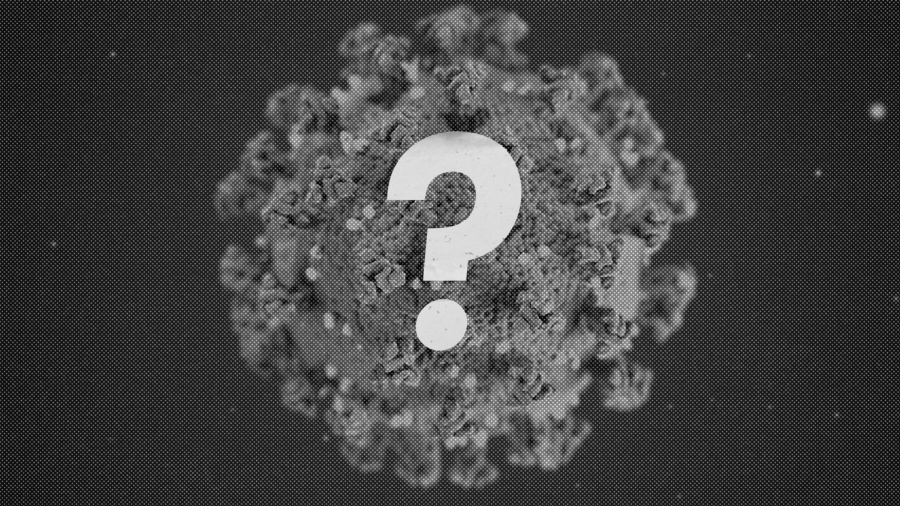Coronavirus myths: what to do, how to stop it
The truth about popular coronavirus myths
March 13, 2020
In the age of social media, misinformation runs rampant—especially in the time of a global pandemic. With so many people posting inaccuracies on Twitter, Instagram and Facebook with talks of misconceptions and “cures,” it’s important to stay informed. Here are some popular myths about the coronavirus, and some ways to keep yourself safe.
Myth: ‘You need to be next to an infected person for 10 minutes to catch it’
This is sometimes true for the flu, sure—but coronavirus is much more serious than the flu, despite what social media is saying. A new study published Wednesday afternoon found that coronavirus can reside in the air for several hours and will contaminate some surfaces, like plastic and stainless steel, for up to three days. The U.S. Surgeon General Jerome Adams tweeted the “best way to protect yourself and your community is with everyday preventive actions, like staying home when you are sick and washing hands with soap and water, to help slow the spread of respiratory illness.”
Myth: ‘Warmth will kill the coronavirus; it will be gone by summertime’
Several viral posts—and the President of the United States—have stated that taking a hot bath will kill the coronavirus, and that summer weather should clear everything up. However, the World Health Organization said the “normal human body temperature remains around 36.5°C to 37°C, regardless of the external temperature or weather.” The best way to ‘kill’ the virus, according to WHO, is to frequently clean your hands as much as possible.
Myth: ‘(Insert object here) will kill the coronavirus’
Again, nothing on social media that says something will kill the virus is factual. Whether it’s hand dryers, ultraviolet lamps, spraying alcohol, chlorine, hand sanitizer, essential oils, drinking vitamin C, eating lots of garlic, rinsing your nose with saline, drinking bleach or snorting cocaine—as the French government had to tell its citizens after a viral post—nothing other than washing your hands with soap and water will prevent you from getting coronavirus. To date, there is no real cure for the virus.
Myth: ‘Kids/younger people/black people can’t get the coronavirus’
While it is true that older people and/or those with pre-existing conditions are much more susceptible to the coronavirus, anyone who comes into close contact with someone infected is at risk for contracting it, according to the CDC. Some children have been infected, according to the CDC. There are also now more than 100 reported cases in African nations, including 59 in Egypt.
Myth: ‘Coronavirus is man-made/is a ploy to stop the election’
Don’t believe everything you see on social media, especially in this instance. A fringe theory started on the Internet claims the virus was manufactured in a Chinese lab; this was almost immediately disproven by scientists both in China and in the West. As time went on, theories on Facebook and Twitter expanded to involve the election, the current President, the Houston Astros and the Illuminati.
For factual, verified updates on the coronavirus, check out the CDC, the WHO, the Northern Kentucky Health Department and the Kentucky Cabinet for Health and Family Services.
The virus is not a hoax, political ploy or anything else other than a public health crisis. Most of this is just common sense, but still—be careful what you believe from the Internet, and make sure to fact-check everything you read.
The Northerner is currently investigating the impact of the switch to online learning, including but not limited to how housing, dining, student workers, labs, studios and the office of Health, Counseling and Student Wellness will be affected. For any questions you’d like to know about the decision, contact us anytime on Twitter or Instagram. For questions or concerns about how the virus could potentially affect campus, contact us or email covid19@nku.edu. Keep checking The Northerner for all updates on NKU’s switch to alternative instruction.

